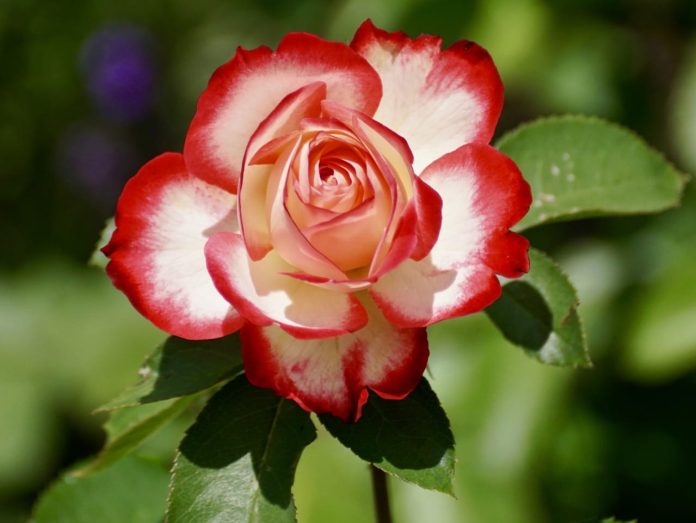Salt in the soil can cause a lot of problems for a plant. Whether it’s extreme toxicity or just a slight increase, salt is an issue that most gardeners have to face at one point or another.
No matter if you’re using non-organic or organic growing methods, there’s no way around this slaty dilemma.
How do we overcome salt in the soil? How much salt is too much salt? And what about irrigation water? Is it okay to add salt to my irrigation water without harming the plants I’m growing
These are all legitimate questions and we need answers! Let’s explore some salinity issues and see how they affect overall plant growth:
1. Salt Build Up Affects Plant Growth
As mentioned above, salt buildup and toxicity in soul and/or irrigation water can have a negative effect on your plant’s health. When the sale level in the growing media becomes too high, it will start to cause damage to roots and leaf tissues.
In extreme cases of salt buildup, abnormal plant growth may occur. This means that the leaves will begin to grow larger than they should which is a sign that something isn’t right. Another sign would be root development in parts of the growing media where the salt concentration is very high.
2. Salts Affect Plant Nutrient Uptake
Some kinds of salts accumulate over time while others are mobile in the growing media. Mobile salts move freely of salts tend to disrupt nutrient uptake pathways.
Nutrient uptake requires healthy root tissue which is greatly compromised when a plant encounters salt toxicity. Whether it’s too much salt in the growing media or a high concentration of sales present in irrigation water, there will be a reduction of overall nutrient uptake rates, resulting in plant injury.
3. Salts Affect Plant Cell Tissues
If you’ve ever had occasion to handle table salt (NACL), you know all about how it causes “soreness” and irritation to any surface that comes into contact with it dues to osmotic stress. This happens because table salt is very mobile in an aqueous solution.
Osmosis occurs when there is a high concentration of salts dissolved in water or growing media so that mobile salts are drawn into plant tissues due to diffusion.
4. Soil Salinity Management For Maximum Plant Growth
The best way to avoid problems associated with salinity issues in your garden is to improve drainage and irrigation efficiency. In combination with the use of a soil nutrient solution containing trace elements of essential plant nutrients, this approach will yield significant improvements in overall plant health and yields.
This can be accomplished through several methods:
- Applying good quality compost to improve water holding capacity
- Using slow-release fertilizer for optimal nutrient uptake rates
- Making use of a continuous drip irrigation system
- Maintaining an optimum pH for proper nutrient use
It is also important to test the levels of salt accumulation periodically and begin planting salt-sensitive plants in soils with low salt accumulation rates.
An EC Probe is a great tool that will help with this.
Want to Learn More About Salinity?
Salinity is a major factor that can affect plant growth. Plant roots need water to grow, but not too much or the plants will drown and die. The salt content of soil affects how well the plant’s roots are able to take up water.
But salinity also plays an important role in determining what types of nutrients are available for uptake by the plant as well as affecting photosynthesis rates.
Please visit our blog to learn more about the farming industry, salt injury, and how to become a smart farmer!










